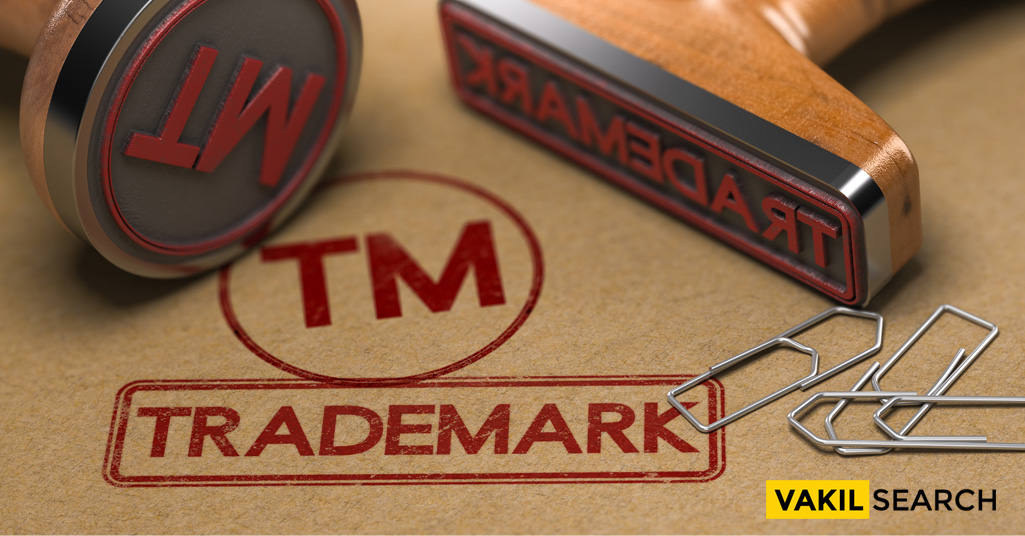If you want your brand to succeed in India, copyright registrations are critical. Learn the importance of copyright registrations in this article.
Trademark Registration Brand Yourself: Trademarks are a type of intellectual property that protect brands and logos from unauthorised copying. There are two types of trademark registration in India- ordinary and Well-Known. Ordinary trademarks are registered under the Trademarks Act, 1999 and provide protection for 10 years. Well-Known trademarks are registered under the Paris Convention and protected for 20 years.
A trademark is a visible symbol that might be a word, name, device, label, or numeral that a company uses to differentiate its goods or services from identical items or services in the market that are held by other companies. A trademark is an asset that can be legally protected in India.
To be eligible for trademark registration in India, a brand must be used in commerce, be capable of distinguishing goods or services from others in the marketplace, and not be generic or descriptive.
The benefits of registering a trademark in India include the following:
- Protection from unauthorised copying
- The ability to sue for damages if your trademark is infringed
- The exclusive right to use your trademark assignment in India
- A deterrent to would-be copycats.
The trademark registration process in India can be complex, so it’s important to seek the advice of a qualified professional before beginning the application process.
Why Does a Company Need Trademarks?
A company needs trademarks to protect its products or services from unauthorised copying by others. By registering its trademarks in India, a company can prevent others from using them without permission. This will help the company to maintain its reputation and goodwill and to avoid losing customers to businesses that copy its products or services.
Types of Trademarks
There are four types of trademarks that can be registered in India:
Ordinary Trademarks
An ordinary trademark is a word, phrase, logo, or other design used to identify and distinguish a particular product or service. Ordinary trademarks can be registered with the Trademarks Registry in India.
Shape Trademarks
Shape trademarks are three-dimensional marks that identify and distinguish a product or service. Shape trademarks can be registered with the Trademarks Registry in India.
Sound Trademarks
Sound trademarks are musical notes or sounds used to identify and distinguish a product or service. Sound trademarks can be registered with the Trademarks Registry in India.
Collective Trademarks
Collective trademarks are marks that members of a group or association use to identify themselves with a particular level of quality or reputation. Collective trademarks can be registered with the Trade Marks Registry in India.
Statistics for Trademark Registration in India
According to the recently released statistics for trademark registration in India for 2019-20, the total number of trademark applications filed was 1,94,267, and the total number of registered trademarks was 1,14,625. The top five states filing trademark applications were Maharashtra, Delhi, Kerala, Tamil Nadu and Karnataka.
The top five classes for filing trademark applications were Class 9 (software and computer-related), Class 16 (papers and printing), Class 35 (advertising and business), Class 42 (scientific and technological services) and Class 45 (legal services).
Information Technology, Food & Beverage and Retail were the top three industries for filing trademark applications.
Who Can Register Trademarks in India?
Any person using or intends to use a mark concerning goods or services can apply for its registration. An application for registration of a trademark can be filed by:
- An individual
- A company or partnership firm
- A joint venture
- An association or other body corporate
Registration Process in India
- First, apply with the Registrar of Trademarks
- Next, the Registrar of Trademarks will examine the application to ensure it meets all legal requirements
- Finally, if the application is approved, the brand will be registered and granted trademark protection in India.
Steps to Be Taken After Trademark Registration in India
After you have registered your trademark in India, it is important to take steps to protect your brand and intellectual property. Here are some tips:
- Maintain a register of your trademark and other intellectual property. This will help you keep track of your rights and ensure that you are taking steps to protect your investment
- Keep an eye out for unauthorised copying or use of your trademark. If you see someone using your trademark without permission, you can take action to stop them
- Register other intellectual property, such as patents and copyrights. This will give you additional protection for your brand and help you stop others from using your ideas without permission
- Stay up-to-date on the latest intellectual property laws in India. This will help you understand your rights and ensure you comply with the law.
Effects of Trademark Registration
Most people automatically think of ‘brand names’ and ‘logos.’ However, in the legal realm, a trademark can be any sign that distinguishes the goods or services of one company from those of another. This includes brand names, logos, and things like shapes, colours, and sounds.
While many businesses choose to protect their trademarks through registration, there is still some debate over whether or not this is truly necessary. After all, unregistered trademarks are still protected under common law. So what are the benefits of registration?
One key advantage is that it offers nationwide protection. Once a trademark is registered, it becomes part of the public record and can’t be claimed by someone else. On the other hand, common law protection is limited to the geographic area where the trademark is actually used.
Another big benefit is that registration gives the trademark owner the exclusive right to use that mark in connection with the goods or services specified in the registration. This means that others cannot use a similar mark for similar products or services without risking infringement claims.
Finally, registering a trademark makes it much easier to enforce your rights if someone does infringe on your mark.
Conclusion
As we can see, trademark registration in India is a complex process. However, brands need to protect themselves from unauthorised copying. Following the tips mentioned above, brands can ensure that their trademarks are properly registered in India and protected from potential infringement.
Read More:










